Me and My Father: Jason Wu galloped on horseback, and Riding the Wind rose.
Special feature of 1905 film network The film jointly directed by,,, and will be released until September 30. At present, the film releases previews of all chapters, which are directed by Xú Zhēng and based on the first commercial advertisement of China, Duck Prophet. Directed by Zhang Ziyi, Poem with the background of developing the Long March-1 rocket and launching China’s first artificial satellite; Directed by Jason Wu, based on the Ride of the Wind by Jizhong Cavalry Corps in War of Resistance against Japanese Aggression period; And "A Boys’ Journey" directed by Shen Teng, which is full of sci-fi comedy.

The story of this chapter "Riding the Wind", with Ma Renxing, the head of the regiment, and his son, riding the wind as the main line, describes the story of Jizhong Cavalry Corps, an iron cavalry team with outstanding achievements in War of Resistance against Japanese Aggression, who fought to the death to defend the people’s evacuation. The Jizhong cavalry regiment in the film is real in history, and its nickname is the second independent cavalry regiment of Jinchaji Military Region. Because it has been fighting in Jizhong for a long time, it is usually called Jizhong Cavalry Corps. "Riding the Wind" presents the story of this heroic iron riding team to the audience in the form of movies.
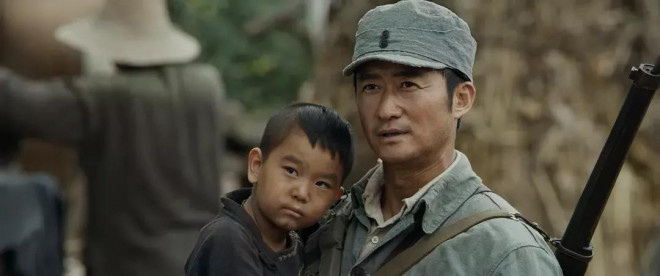
According to General Lv Zhengcao’s description in his memoirs, the cavalry regiment in the history of Jizhong fought in the Jizhong plain, interspersed between Pinghan railway lines, and used long-distance raids, circuitous outflanking and other tactics to attack the invading Japanese army, fighting for more than 50 times, of which the more successful outstanding fighting force attacked Anping County at night. Jizhong cavalry regiment died for the country and made great achievements in the battle.
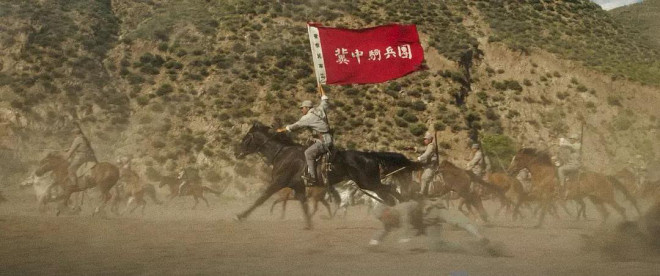
Bai Mengchen, a military commentator, said: "During the May 1 sweeping in 1942, the Jizhong Cavalry Corps rushed to some relevant intersections heavily guarded by the Japanese army in the most critical time with the help of its rapid mobility. Many times, a pedestrian dike was pulled out between the Japanese puppet army and the people we needed to transfer, so the loss was great. At that time, the entire Cavalry Corps immediately dismounted and counted more than 2,000 people, and finally it was built.
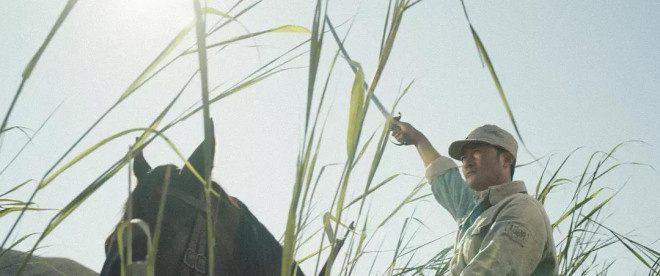
When restoring this period of history, some fragments of the chapter "Riding the Wind" were questioned by netizens. Some people think that riding against enemy planes is artistic processing, which is not true enough. In this regard, Bai Mengchen explained: "This paragraph is to block the shooting in the air. During the Anti-Japanese War, the Eighth Route Army and the New Fourth Army used light weapons to shoot down 14 enemy planes. Jason Wu’s purpose in riding a horse and setting up an air-to-air shooting team on the hill is not to fight enemy planes, but to interfere with the plane’s entry into the dive bombing route by blocking shooting. At that time, when the plane wanted to shoot at the ground, it had to enter a route. The nose was pointed at the target, and the left and right range could not be too large. By shooting, the other side was separated from the route, and the plane had to come back in a big circle, which bought time. Jason Wu shouted in the film that he wanted to enter the condom, that is, he must go to the relevant position and attack again, which is more in line with the situation on the battlefield at that time. "
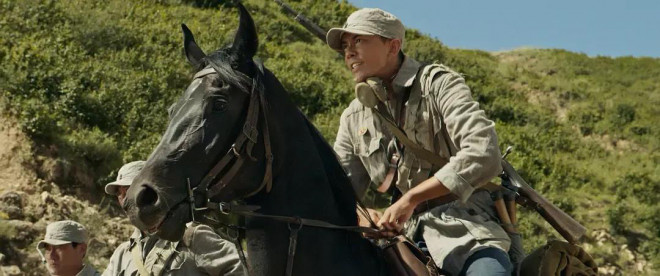
The real war is far more cruel than that reflected in the film. "Riding the Wind" just hopes to let the audience know the cruelty of war, the hardships of our parents’ struggle in that year and their unshakable beliefs through this chapter. Bai Mengchen said: "For our generation of audiences, our military industry has now improved, providing the PLA with iron horses, steel horses and so on that will never tire. However, we will still remember that in the past, during the Anti-Japanese War, the road was blue and blue, because that time was the basis for us to see the strength of the People’s Liberation Army and the strong national strength of China. "
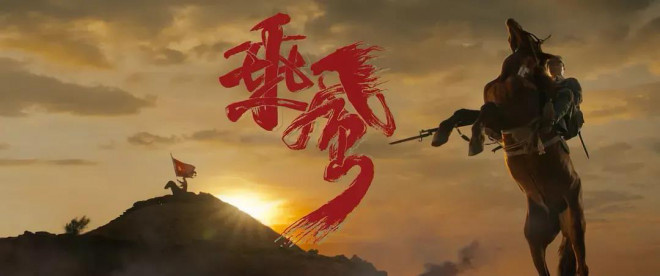
The "most dangerous time" sung in our national anthem is precisely to warn us to be prepared for danger in times of peace. China filmmakers use one film after another to commemorate the ancestors of the Anti-Japanese War, and their struggle has brought us today’s stability. We should realize that it is hard to live a happy life now, inherit the aspirations of our fathers, work hard to build China and create a better tomorrow for the next generation — — Just as the last generation made contributions to us.
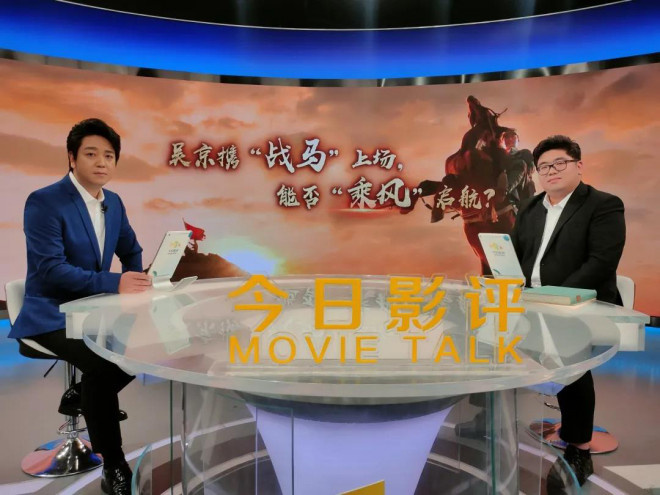
Director’s observation of Today’s Film Review: The chapter "Riding the Wind" is a part I look forward to in the film "My Father and I". Compared with other chapters, this part is more burning and cruel. In fact, it is not the purpose to see the tragic war. Just as the guest said, "Forgetting the war will be dangerous". Only by remembering the past, will we cherish the present. (Yuan Danyang, director of Today’s Film Review)